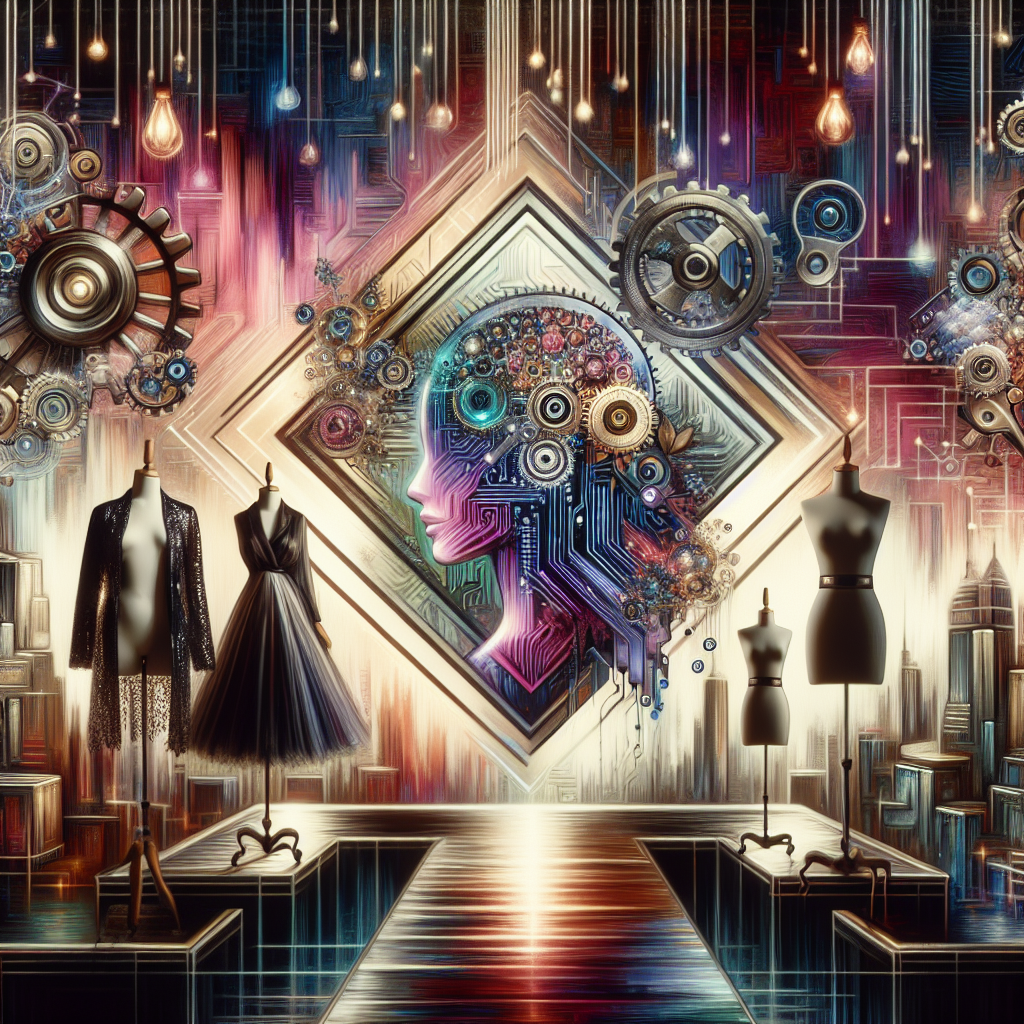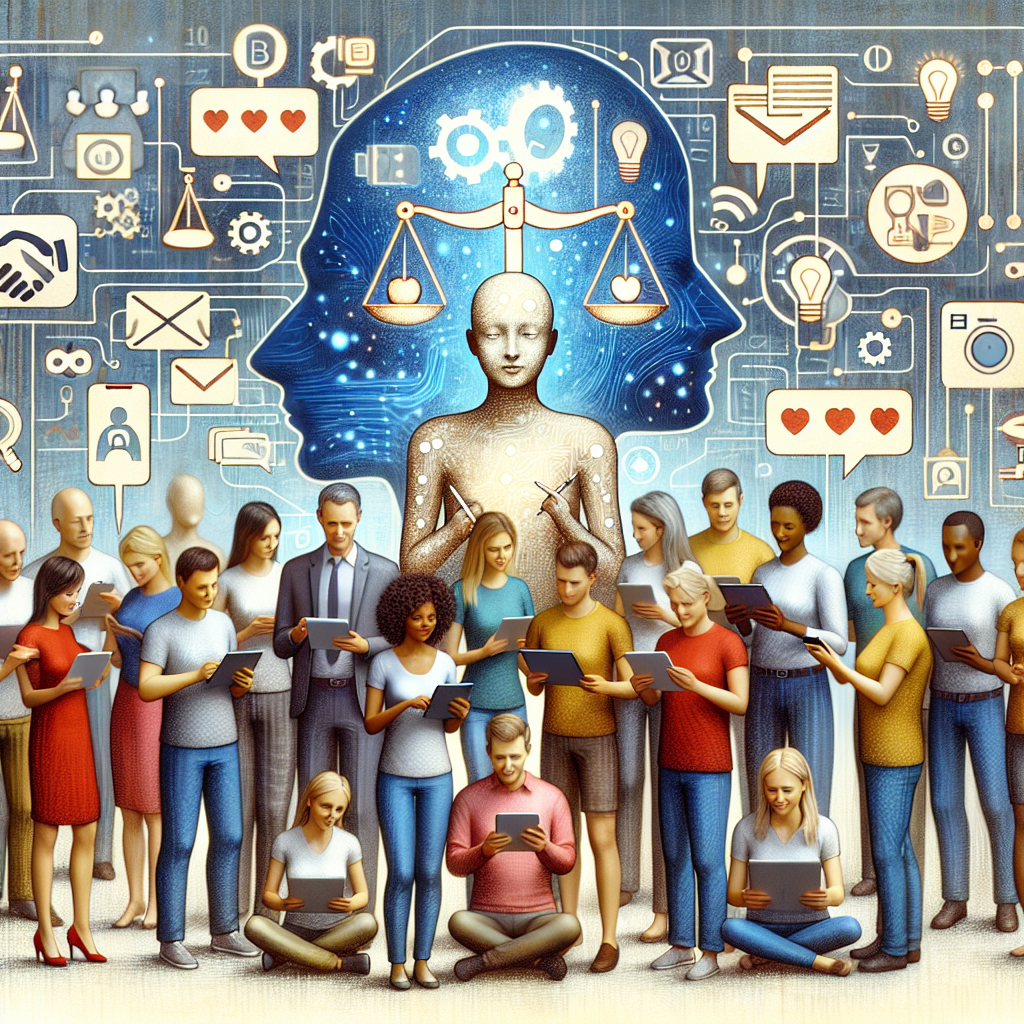The recent controversy surrounding Vogue Magazine’s use of artificial intelligence (AI) to create one of its advertisements has sparked a significant debate, not just about the evolution of fashion but also the broader implications of AI in creative industries. As reported by Startup News, discontent has been brewing within both the fashion community and the public since the ad’s debut.
The advertisement in question features a completely AI-generated model wearing a digitally designed couture dress. The creative decision by Vogue to substitute traditional human models and designers with algorithms has stirred concerns surrounding authenticity, artistic integrity, and the economic implications for professionals in the fashion industry.
Critics argue that using AI to replace human creatives could diminish the value of human artistry in fashion design and modeling. Moreover, there’s an ongoing fear about job displacement. Fashion is an intensely personal industry, often reflecting cultural expressions and individual creativity; detractors of AI technology worry that these nuances could be lost when left to the interpretation of algorithms.
On the other side of the debate, proponents of AI technology cite its potential to revolutionize the industry, offering unprecedented efficiency and opening new avenues for creativity and expression. AI can process vast amounts of data to suggest design trends, and it can also help reduce costs and increase the speed of production, making fashion more accessible.
The Vogue AI ad has also raised ethical questions. One of the primary concerns is data privacy and the potential for AI to replicate existing designs too closely, infringing on intellectual property rights without clear delineation or originality. Since AI systems learn from vast pools of data sourced from existing artworks, the potential for plagiarism or unintentional imitation is high.
The use of AI is becoming increasingly pervasive across various sectors, and the fashion industry’s experimentation with technology is just another example of digital innovation. However, balancing technology with tradition poses a complex challenge. As AI continues to evolve, industries will need to define ethical guidelines and consider the broader implications of replacing human elements with artificial alternatives.
The reaction to Vogue’s AI-generated ad is a clear indication that while the future of fashion may be digital, the path to integrating such technology must be tread carefully, respecting both the creators who drive the industry and the consumers who support it. As we move forward, the dialogue between technological advancement and human creativity will undoubtedly shape the future landscape of creative professions.



